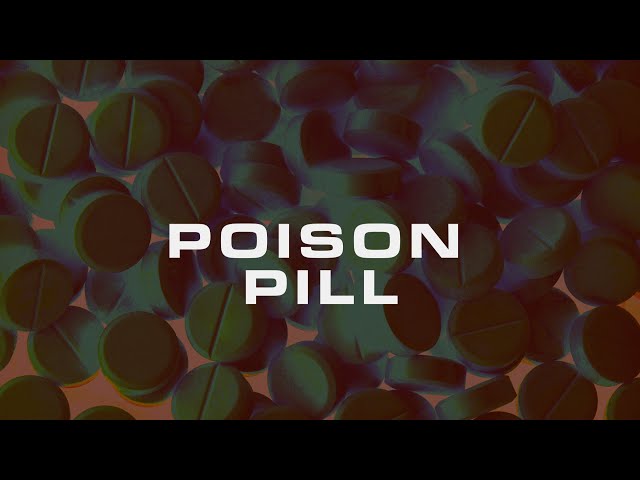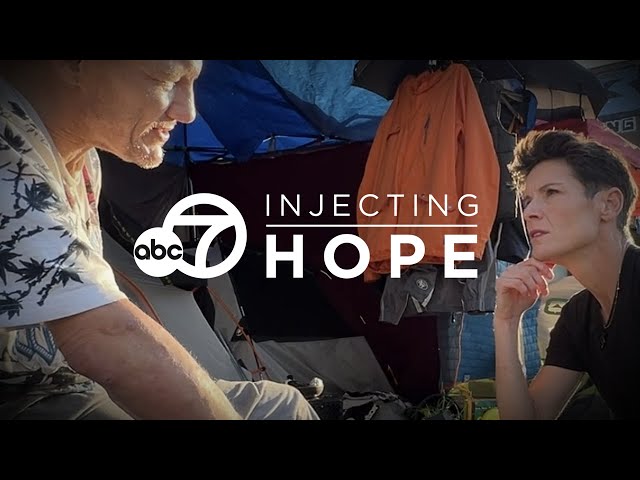Introduction
In this fascinating journey, Hamilton Morris sits down with Timothy Wyllie, an artist, writer, and architect known for his role in creating the controversial Process Church, a religion that challenged traditional beliefs. Wyllie’s lifelong quest to understand his own mind provides unique insights into the complexities of human consciousness.
Morris then travels to India, where he explores the production of ketamine, a powerful drug used in both medicine and recreation. He speaks with doctors, therapists, and experts to learn more about the role of ketamine in our society, its medical uses, and how it’s changing the way we think about the mind.
Through this exploration, Morris sheds light on ketamine’s impact and its potential to shape our understanding of consciousness, offering a fresh perspective on this powerful substance.
Watch Now!
After watching the following video, you are welcome to share your experience by providing a review of the resource.
Quotes
“In 1961, a chemist named Calvin Stevens serendipitously discovered ketamine but didn’t know exactly what he’d found until the therapeutic potential of the molecule was recognized by the pharmaceutical company Parke Davis. Clinical researchers found that ketamine possessed most of PCP’s therapeutic advantages with relatively few adverse effects.”
“John Lilly was a brilliant scientific researcher best known for inventing the sensory deprivation tank and for his work attempting to teach dolphins the English language. He was also one of the first ketamine users to develop a problematic dependence on the drug.”
“India is one of the world’s largest producers of generic pharmaceutical medications and has long been regarded as a hub for the industrial production of ketamine. Though ketamine has the reputation of a drug that’s either used in clubs or veterinary clinics, the majority of the world’s supply is destined for human use in hospitals.”
“The high you get with ketamine takes you into a different plane, that is why we use it in a sub-anesthetic dose, it’s a good analgesic. It reduces the requirements of all other agents, you don’t need to give too much so they recover faster, and they maintain their reflexes very well.”
Ketamine & Mental Health
“In Ketamine-Facilitated Psychotherapy, we’re using the ketamine to help people have disinhibition, more relaxation and more ease in talking about material that’s difficult for them to get to otherwise. There’s yet another approach to working with ketamine and that is with ketamine and that is Mystical Ketamine or Psychedelic Ketamine, where the clinician has the intention of inducing or inviting psychedelic experience on purpose. The idea is that the visions that people have are meaningful and can be interpreted like dreams and that that may add something to the antidepressant effect.”
“In India, psychiatric treatment of mental illness is relatively uncommon but there are still a small number of doctors using ketamine to treat depression that’s unresponsive to other medications. No one is exactly sure how ketamine works to fight depression but its therapeutic effect is rapid and reliable. Proposed mechanisms include increased expression of BDNF in the hippocampus, enhanced synaptic transmission mediated by the protein MTOR and AMPA-activation via the metabolite hydroxynorketamine.”
Continue Learning
Please view the following additional resources to continue learning about some of the topics discussed in this resource. If you have any suggestions, concerns or general comments, feel free to contact me as well!





